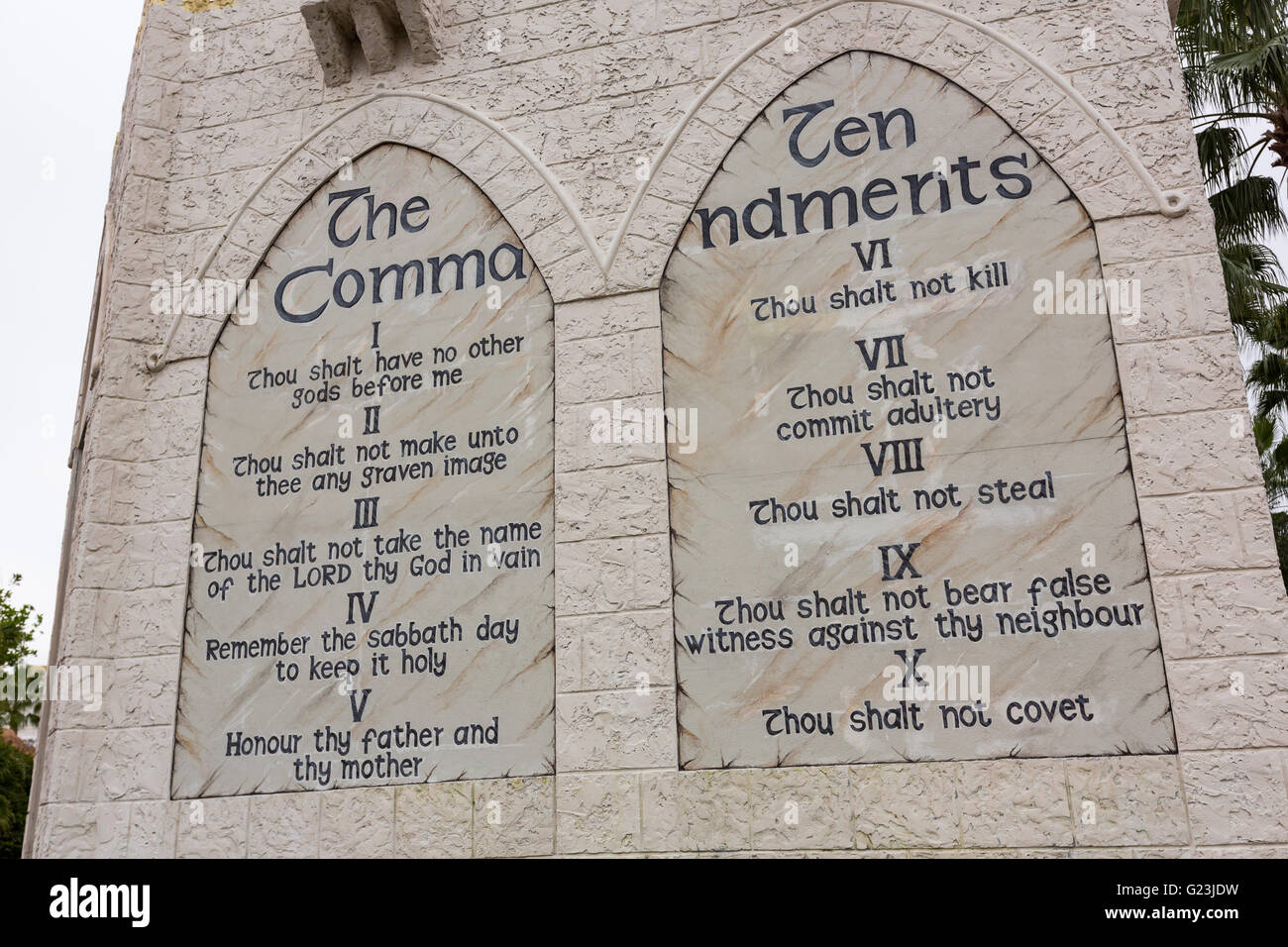There are some atheists who claim that their unbelief is based on reason, because they will only believe what is based on logic. And that sounds so reasonable (no pun intended). Logic is a good thing, isn't it? And, of course, it is.
The problem with that claim is two-fold. First, how did they prove rationally that only reason produces truth? And second, logic cannot be a source of truth, because that is not its purpose. Rather, logic is the system of rules for combining facts that are attained in another way. For example, prove blue. You can't. Rather, blue is learned from perception.
Logic is also limited, in that it is not a guarantor of truth. We often think of it that way, but mistakenly. Logic can be valid, but produce false results, if the premises are false. For example, consider this syllogism: "All cows are purple; Bessie is a cow; therefore, Bessie is purple." This is a perfectly valid argument. However, we know the conclusion is false. How did a valid argument arrive at a false conclusion? Because one of the premises is false.
In the same way, the rationalist starts with a false premise, and, therefore, can only end with a false conclusion. What is that premise? The absence of God. Therefore, this is his argument: "There is no God; therefore, there is no God." And this, actually, is a valid argument, though circular. If the premise is true, then the conclusion must also be true. However, the converse is also correct: if the premise is false, then the conclusion must also be false. Does the rationalist mean to say that he depends on a logical argument that can result in either answer validly? I am sure he would not say so.
That's why the Bible says, "The fear of the LORD is the beginning of knowledge" (Proverbs 1:7). When we plug that into the atheists syllogism, we get a valid result, a conclusion that God is, and is the source of all else, including knowledge. Now, it is true that the atheist will object that the argument is circular. However, it is his argument. Therefore, his criticism applies equally to his own use of the argument.
The question becomes, Whose starting presupposition has a rational basis? The atheist is starting with his own presupposition, a certainty that God is not. On what basis does he make that conclusion? He is making a definitive statement of certainty about something that he claims no one saw, i. e., the origin of the universe we know. In contrast, the Christian points to his own lack of such knowledge, or even of the possibility that any human could have such knowledge. Therefore, he looks to the one source who was there, i. e., God. Is that circular reasoning? Perhaps. But, then, is not the rationalist's presupposition circular? I have demonstrated that above.
But then the question changes: Is it more rational to express certainty about something which one claims no one witnessed? Or to express certainty based on the one Being who was there? I suggest that it is the Christian's view which is rational, not the atheist's.
THE GOSPEL AND THE RESURRECTION
1 day ago











